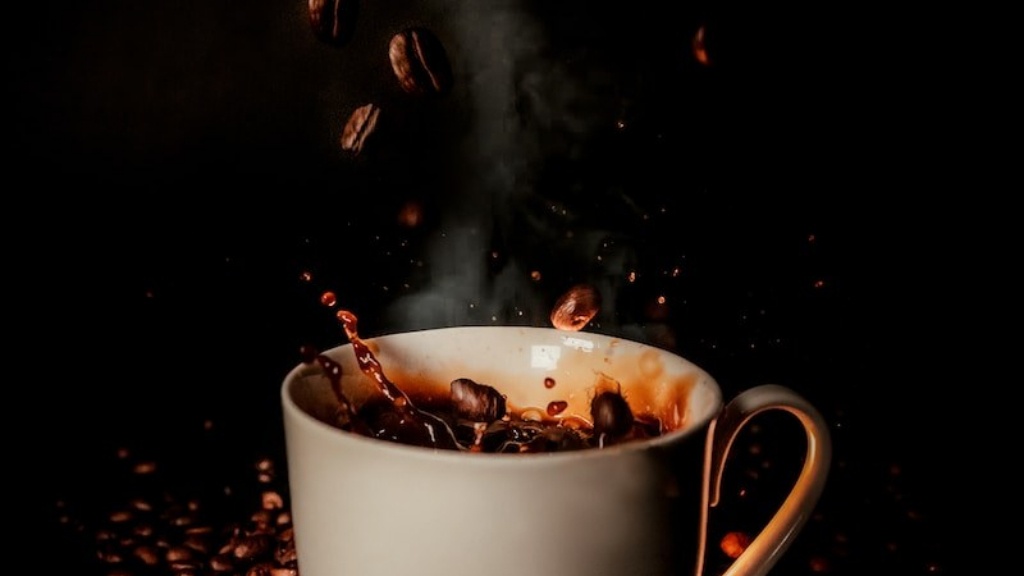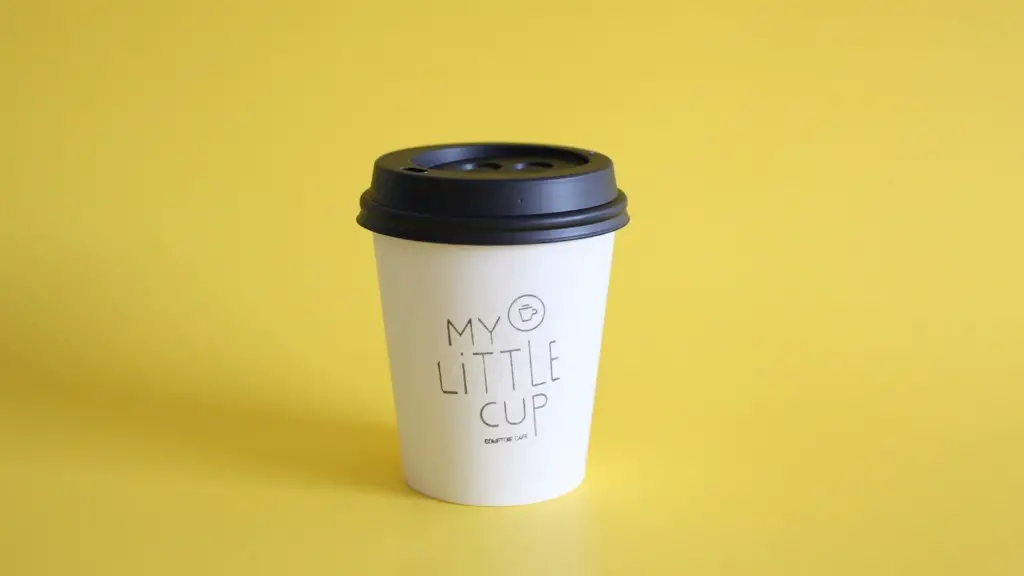Intermittent fasting is currently one of the most popular ways to lose weight and improve health. However, many people are unsure if they can drink coffee while they are fasting. The answer is yes! You can drink coffee while intermittent fasting, but it is important to be aware of the potential side effects. This article will provide information about the different types of coffees you can drink and how to make sure you don’t overdo it.
Potential Side Effects of Drinking Coffee During Intermittent Fasting
Drinking coffee while intermittent fasting can have potential side effects. Caffeine has a stimulating effect, which can make it more difficult for your body to transition into the fasting state. Additionally, caffeine affects the metabolism and can cause sugar cravings, which is counterproductive during intermittent fasting. In addition, too much caffeine can cause nervousness, irritability, and restlessness. It can also lead to dehydration and electrolyte imbalances. Furthermore, coffee is acidic and can upset your stomach if consumed in large amounts.
It’s important to drink coffee in moderation while intermittent fasting. Limit your daily intake to one or two cups of black coffee or tea without added sugar or milk. This will help you avoid any potential side effects and still enjoy the benefits of caffeine consumption. Drinking plenty of water throughout the day is also beneficial to stay hydrated while fasting.
Can I Drink Coffee While Intermittent Fasting?
Intermittent fasting is an increasingly popular way to manage weight and overall health. It involves alternating between periods of eating and fasting, usually involving a 16-hour fast followed by an 8-hour eating window. During the fasting period, many people wonder if they can still consume coffee or other beverages. The answer is yes, but it should be done in moderation.
Coffee can be consumed while intermittent fasting, as long as it is without added sugar or cream. Black coffee is a great way to get your caffeine fix without breaking your fast. For those who don’t like black coffee, adding a small amount of milk such as almond milk or coconut milk will not break the fast either. Consuming too much caffeine may cause stomach upset and dehydration, so it’s important to limit your intake to no more than two cups per day while intermittent fasting.
It’s also important to remember that coffee itself does not provide any nutrition, so it’s best to use it as an occasional pick-me-up rather than relying on it for sustenance throughout the day. Combining intermittent fasting with a balanced diet that includes plenty of fruits and vegetables will help provide energy and essential nutrients for optimal health. In conclusion, drinking coffee while intermittent fasting is safe when done in moderation.
Tips for Drinking Coffee During Intermittent Fasting
Drinking coffee while intermittent fasting can be beneficial in aiding digestion and providing energy. However, there are a few tips you should keep in mind when drinking coffee during your intermittent fasting window. Firstly, it is important to limit the amount of caffeine you consume. Too much caffeine can lead to jitteriness and disrupt sleep patterns. Additionally, try to avoid adding any creams or sugars to your coffee as these can add calories that can break the fast. Instead, opt for black coffee or coffee with a splash of almond milk. Lastly, watch out for artificial sweeteners as they are calorie-free but can still trigger hunger hormones that will break your fast.
The Effect of Caffeine on Intermittent Fasting Performance
Caffeine is one of the most widely consumed substances in the world, and is often used as an energy booster. But can it be consumed while doing intermittent fasting? Intermittent fasting is a dieting strategy that involves cycling between periods of eating and fasting. During the fasting period, no food or calorie-containing beverages are consumed. This means that any caffeine intake would have to be done during the eating window.
Research has shown that caffeine can help improve performance during intermittent fasting by providing a boost of energy while taking in zero calories. Studies have also suggested that caffeine may help improve focus and concentration, which can be beneficial for those who are trying to stick to their intermittent fasting plan.
However, it’s important to note that caffeine intake should be done in moderation. Consuming too much caffeine can lead to side effects such as headaches, jitters, and difficulty sleeping. Additionally, it’s important to consider other factors such as hydration levels and nutritional intake when consuming caffeine during intermittent fasting.
In conclusion, caffeine can help improve performance during intermittent fasting, but it should be consumed in moderation and with consideration for other factors such as hydration and nutrition levels.
Should You Drink Coffee Before or After a Fast?
Intermittent fasting is a popular way to lose weight and improve health. But should you drink coffee while fasting? The answer depends on your goals and preferences. Generally, it is best to drink coffee after your fast has ended, as it can help you break the fast more slowly and provide energy and focus to get through the day. However, some people may prefer to have coffee prior to the fast in order to suppress their appetite and prevent cravings.
If you choose to have coffee before your fast, make sure it is black or unsweetened; adding milk or sugar can increase calorie intake and disrupt your fasting schedule. Additionally, try not to consume more than two cups of coffee before fasting. Too much caffeine can lead to restlessness and insomnia, making it difficult for you to stick with your fasting plan.
Finally, keep in mind that everyone’s body responds differently when it comes to intermittent fasting. Experiment with different strategies until you find what works best for you. Ultimately, whether you choose to drink coffee before or after a fast should depend on how it affects your body and how it fits into your goals for intermittent fasting.
Drinks Allowed During Intermittent Fasting
Intermittent fasting is a nutrition plan that involves periods of eating and fasting. During the fasting period, only calorie-free drinks are allowed. These include plain or calorie-free versions of tea, coffee, and water. Consuming calorie-free beverages helps to reduce feelings of hunger during the fasting window. It’s important to note that adding sugar or milk to your drink, even if it’s calorie-free, can break your fast. So if you’re looking for a way to stay hydrated while intermittent fasting, it’s best to stick with plain water or unsweetened tea and coffee.
Final Words
Intermittent fasting can be an excellent way to lose weight and improve your overall health. However, it is important to consider how coffee fits into your fasting plan. In general, it is best to drink black coffee while intermittent fasting and to limit the amount of added sugar and cream. Drinking coffee in moderation and ensuring you are getting enough fluids can help you reach your goals with intermittent fasting. By understanding more about how coffee can affect your fasting plan, you can make the best decision for your health.




